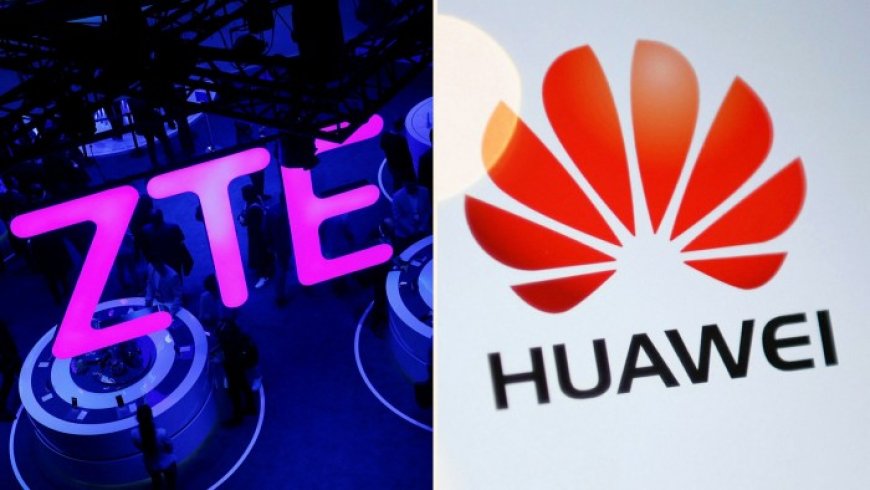Germany Implements Restrictions on Chinese Components in 5G Networks Amid Security Concerns

In a significant move aimed at bolstering cybersecurity, Germany announced plans to exclude critical components manufactured by Chinese companies Huawei and ZTE from core segments of its 5G telecommunications infrastructure. The decision, outlined by Interior Minister Nancy Faeser on Thursday, underscores heightened concerns over potential security risks associated with foreign technology providers.
Effective from 2026, Germany will prohibit the use of Huawei and ZTE components in core elements of its 5G networks. By the end of 2029, critical management systems from these companies within 5G access and transport networks must also be replaced. These measures follow extensive deliberations with major German telecom operators Deutsche Telekom, Vodafone, and Telefonica, with whom agreements are set to be formalized, according to statements from the Interior Ministry.
"We have conducted a thorough assessment of the security implications posed by critical components supplied by Huawei and ZTE in German 5G networks," Faeser stated, emphasizing the necessity of safeguarding national infrastructure and communications from potential threats of sabotage and espionage. "This decision aims to mitigate security risks and reduce dependency on singular suppliers."
The announcement aligns Germany with other Western nations, including the United States, United Kingdom, Sweden, Japan, Australia, New Zealand, and Canada, which have implemented similar restrictions on Chinese telecommunications equipment due to concerns over national security. These measures have been driven by fears that Beijing could exploit technological infrastructure for espionage or disruption, allegations consistently denied by Huawei.
Huawei responded to Germany's decision by reaffirming its commitment to cybersecurity and its contributions to digital infrastructure development in the country. The company emphasized its dedication to enhancing cybersecurity standards and fostering collaborative efforts in mobile network construction.
Germany's stance on Chinese technology forms part of a broader strategy on China under Chancellor Olaf Scholz's administration, which acknowledges a systemic rivalry while seeking to maintain economic relations and cooperation on global challenges like climate change. This approach has drawn criticism from Beijing, which has voiced opposition to what it perceives as the politicization of economic and technological issues.
Amid escalating tensions with China, exacerbated by geopolitical shifts following Russia's invasion of Ukraine, Western nations have increasingly scrutinized China's international policies and technological ambitions. NATO allies recently labeled China a "decisive enabler" of Russia's actions in Ukraine, highlighting growing geopolitical alignments and concerns over global security dynamics.
As Germany prepares to implement these new regulations, the implications for international telecommunications standards and geopolitical relations are poised to evolve, shaping future strategies in digital infrastructure and global technological governance.













































